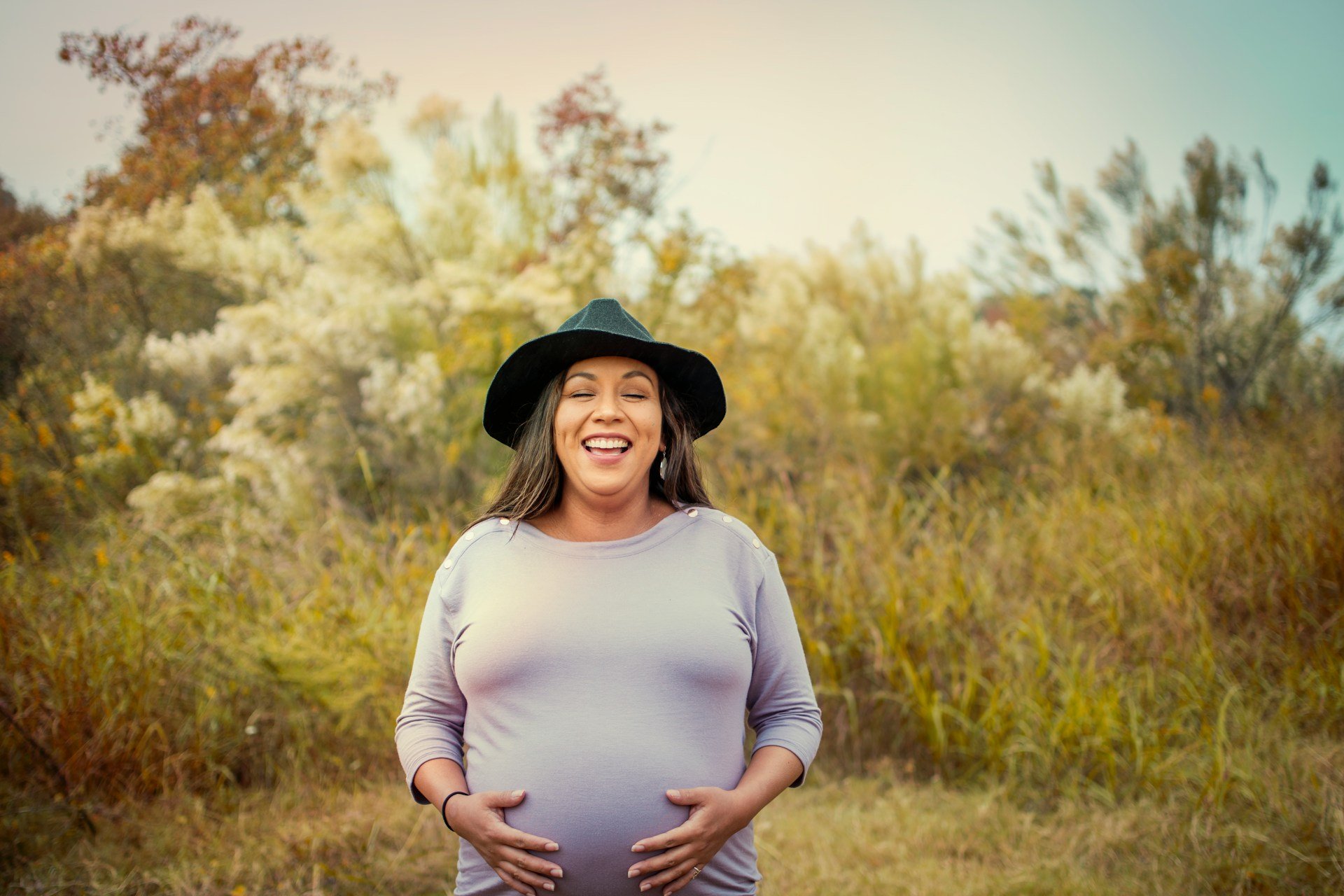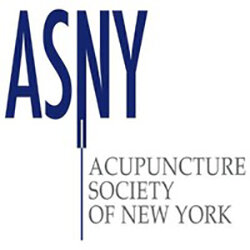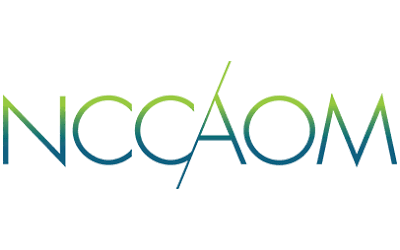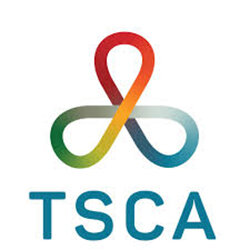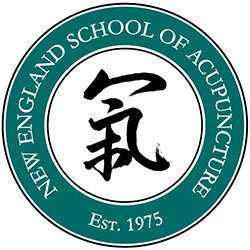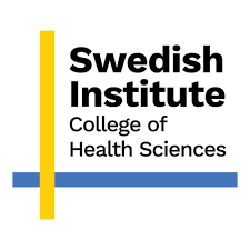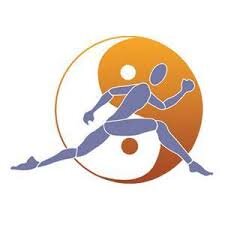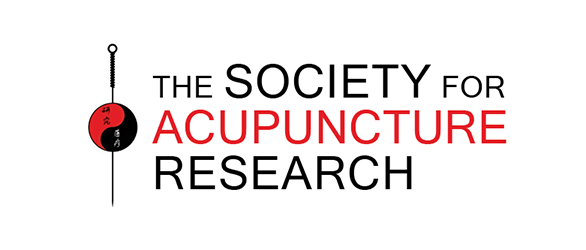Achieving PCOS Acupuncture Success
/For women who are diagnosed with polycystic ovarian syndrome (PCOS), addressing the many symptoms this condition causes can be a real challenge. The irregular periods, anovulation (no ovulation), and weight gain associated with polycystic ovaries as well as bouts of depression can be overwhelming. However, these symptoms associated with PCOS are treatable. You just have to find what works for you. Experts believe that many factors can contribute to PCOS. Genetics, dietary and lifestyle choices, stress, and underlying endocrine issues, like pituitary or adrenal tumors, have all been linked to the symptoms of PCOS. Regardless of what might be causing your PCOS, acupuncture can help. But how can you achieve PCOS acupuncture success?
Acupuncture regulates the hypothalamic-pituitary-adrenal (HPA) axis, which balances stress hormones and sex hormones. Regular acupuncture sessions normalize menstrual cycles, support ovulation, and improve insulin sensitivity making it easier to lose weight.
How does acupuncture help women with PCOS balance hormones?
PCOS can cause and be caused by hormonal imbalances, which are also metabolic and lead to a variety of fertility issues.
Women with PCOS often deal with high levels of androgens. This group of hormones includes testosterone and dehydroepiandrosterone (DHEA) and is associated with male characteristics. It’s worth noting, though, that some women with PCOS have normal androgen levels, but relatively high or low levels of estrogen or progesterone.
The conditions that may contribute to PCOS are many, and, frankly, not fully understood yet. Some women are given a diagnosis of PCOS because they experience metabolic symptoms and hormonal swings that look similar. What we do know, though, is that acupuncture can help women with PCOS achieve hormonal balance, regardless of what might be the primary cause of their condition.
Acupuncture’s primary benefit is that it regulates the HPA axis, which is the biofeedback loop responsible for controlling stress levels. In this fast-paced world, most of us have an overactive fight-or-flight response. Acupuncture gently stimulates the nervous system, exerting a calming effect on the HPA axis, and reducing stress hormone levels, which includes DHEA.
At the same time, acupuncture also regulates sex hormones, bringing elevated levels of testosterone down. This is something all women with PCOS should aim for, whether they’re trying to get pregnant or not. By bringing testosterone levels back into range, acupuncture can help with the symptoms associated with high androgen levels, like acne, irritability, and hair loss.
Furthermore, research shows that acupuncture raises estrogen and progesterone during the follicular stage of the menstrual cycle, and regulates follicle-stimulating hormone (FSH) and luteinizing hormone (LH). This encourages healthy menstrual cycles that are between 28 and 35 days. It also increases ovarian function and induces ovulation.
Can acupuncture make it easier for women with PCOS to lose weight?
Another symptom commonly seen in women with PCOS is insulin resistance. Chronically elevated blood sugar is associated with high levels of androgens and stress hormones, both of which may lead to weight gain — and particularly the development of visceral fat. So it’s not uncommon for women with PCOS to struggle with weight loss.
Because acupuncture regulates sex and stress hormone levels, this alone can drastically improve the way your body uses food for energy. But acupuncture can help your weight loss efforts in another way, and that’s by promoting insulin sensitivity.
Acupuncture has long been used to treat hyperglycemia and other metabolic conditions. It does so by altering nervous system activity, making insulin receptors more sensitive, and encouraging the body to use fat for fuel, rather than storing it.
Aside from improving insulin sensitivity, acupuncture also supports liver function. Hormonal imbalances can alter liver function, leading to weight gain. So scheduling regular acupuncture sessions is a great way to boost your metabolism and make it easier to lose weight.
How often should you get acupuncture for PCOS?
How often you’ll need acupuncture to successfully manage your PCOS symptoms depends on the severity of your underlying hormonal/metabolic issues, as well as the intensity of your symptoms.
For some women, the symptoms of PCOS are constant. For others, their PCOS symptoms may be mild most of the time, but “flare up” occasionally, getting worse during periods of stress, for example. This is something we need to consider when creating a customized acupuncture protocol for you.
That said, we generally recommend twice-weekly sessions for 2 to 4 months. Getting acupuncture for PCOS over the course of several menstrual cycles gives your hormones a chance to balance out. It also supports ovulation.
Every woman is different, and every case of PCOS is different. So how your body responds to acupuncture, and what, if any, underlying issues surface during your treatments is difficult to predict. Some women see an improvement in their symptoms very quickly. For others, it takes a bit longer. In some instances, we may rely on additional therapies to restore your mental, physical, and spiritual alignment.
What other therapies can benefit PCOS patients?
During your first appointment at Integrative Healing Arts, we’ll ask about your health history, and take the time to understand which factors may be contributing to your symptoms. This way, we can approach your condition appropriately.
With its powerful sexual health-supporting properties, acupuncture will make up the backbone of your treatment plan. However, there are several therapies we can utilize in addition to acupuncture.
Herbal medicine is an excellent adjunct therapy for many women dealing with hormonal imbalances. Traditional Chinese herbs like Bai Shao and Sheng Ma are often used to treat PCOS thanks to their ability to support hormonal balance. (Note: Herbs can be powerful! Herbal medicine should never be taken without the skilled guidance of a professional herbalist).
Stress management is also critical when it comes to restoring healthy hormone levels. We’ll help you figure out what might be stressing your body, and help you come up with ways you can mitigate those stressors, like journaling or meditating. A good massage never hurts, either!
Book your first appointment today
Don’t let the symptoms of PCOS stand in your way. Look to acupuncture to balance your hormones and overcome your symptoms, so you can achieve all of your wellness goals.
At Integrative Healing Arts, we have more than 20 years of experience in holistic medicine. We’re dedicated to helping each of our patients achieve total mind, body, and spiritual wellness.
If you’re ready to find out firsthand how acupuncture can help you, contact our office today to book an appointment. We look forward to seeing you soon!




